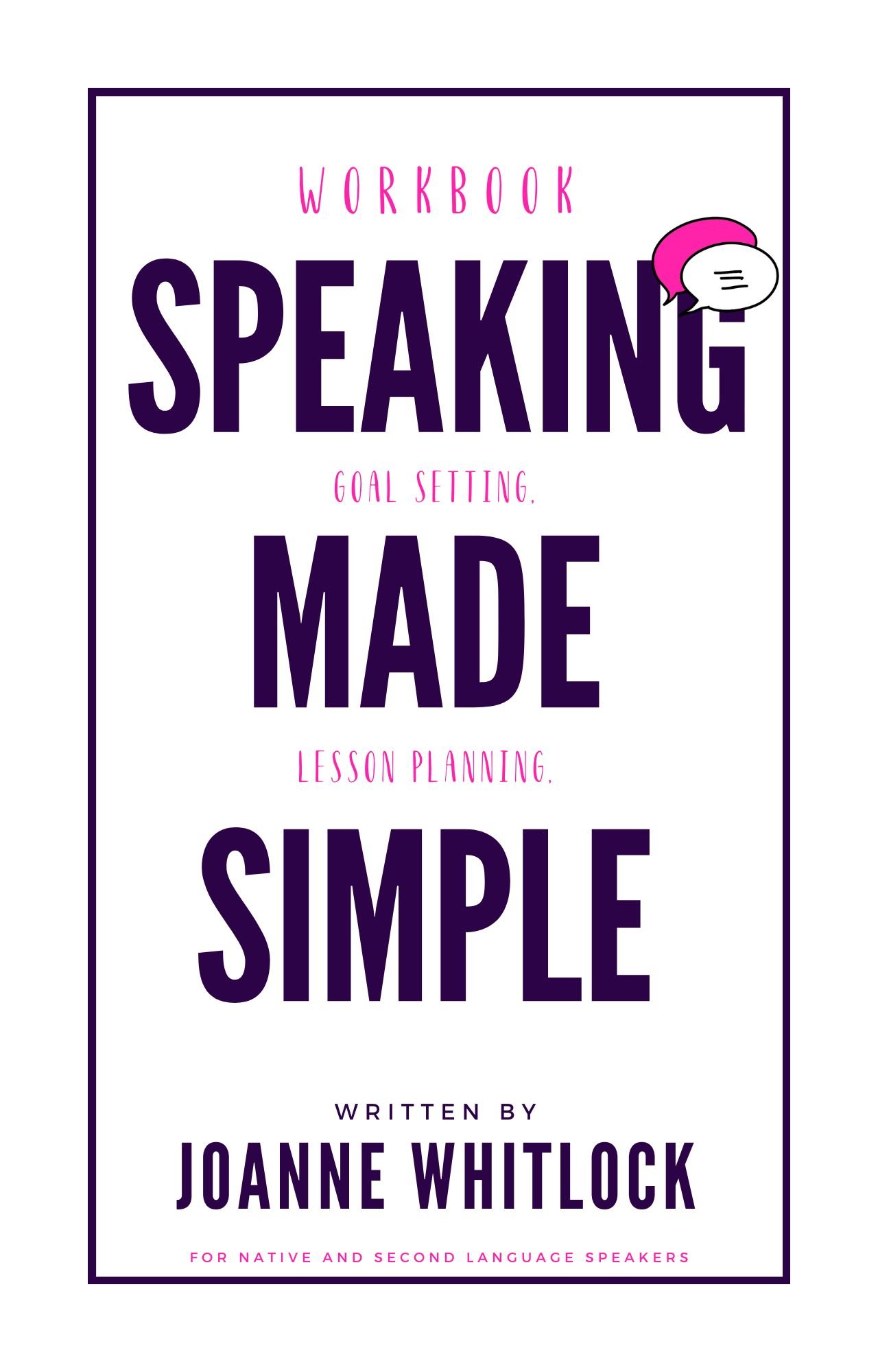
The Self Guided Workbook for Building Class Participation Skills (32 Structured Lessons)
Do you struggle to speak up in seminars?
You know what you want to say, but when it's your turn to participate, your brain freezes. Or you stay silent and kick yourself afterward for not contributing.
The problem isn't that you're not smart enough or don't have good ideas. The problem is that "class participation" is actually 32 different skills - and nobody's taught you how to build them systematically.
The Reframe: Most universities tell you to "participate more" without teaching you how. They assume that if you can write good essays, you can automatically speak up in class. But written communication and spontaneous verbal participation are different skill sets.
This workbook breaks down "participation" into its component skills and gives you a structured way to develop each one.
What You Get: The Speaking Made Simple Workbook gives you 32 building blocks for better class participation, organized into 4 pillars:
- Language Skills - The mechanics of clear verbal expression (vocabulary, pronunciation, eliminating filler words, etc.)
- Thinking Skills - Processing and organizing ideas in real-time (listening, making connections, thinking on your feet)
- Professional Skills - Navigating academic discussions (asking questions, giving feedback, handling disagreement)
- Creative Skills - Finding your voice and contributing authentically (self-knowledge, experimentation, handling mistakes)
Each lesson includes:
- Assessment of your current level
- Goal-setting exercises
- Practical lesson plans you can do alone
- Review and reflection prompts
Who This Is For:
- University students who struggle to participate in seminars, tutorials, or class discussions
- Mature students returning to education and feeling out of practice
- International students developing academic communication skills in English
- Postgrads who need to contribute confidently in supervision meetings
- Anyone who wants to improve their ability to think and speak spontaneously in academic settings
Who This Isn't For:
- Students needing help with prepared presentations (this is about spontaneous participation)
- Those looking for quick confidence tips (this is structured skill-building)
- Anyone wanting intensive one-on-one support (though this can complement tutoring)
Why This Works: Universities frame the problem as "participation" but only offer public speaking workshops. Those don't help because:
- Presentations are prepared; participation is spontaneous
- Presentations are solo; participation is interactive
- Presentations follow a script; participation requires thinking on your feet
This workbook addresses what you actually struggle with: spontaneous verbal contribution in academic discussions.
How to Use It:
- Start with Part 2 to assess where you are now across all 32 skills
- Identify which building blocks matter most for your situation
- Work through lessons in any order (or follow the suggested sequence)
- Track your progress on the Speaking Framework (free download)
- Revisit and refine as you develop
Can I Really Do This Alone? Yes. The workbook is designed for self-directed learning. You don't need a tutor, though you can use it alongside academic support if you want.
Each lesson is structured with the 4-step coaching process:
- Where am I now? (self-assessment)
- Where do I want to go? (goal-setting)
- How will I get there? (lesson plan)
- Do and review (action and reflection)
Time Commitment: Work at your own pace. You can:
- Spend 15 minutes on one lesson
- Deep-dive for 2 hours on a skill area
- Jump between building blocks as needed
- Pick it up and put it down without losing progress
The Bottom Line: "Better at class participation" isn't one skill. It's 32 different abilities you can develop systematically. This workbook shows you how to build each one, on your own schedule, in your own way.
Note: This workbook uses "speaking skills" language throughout because the content applies beyond university settings. The 32 building blocks work for class participation, workplace meetings, social situations, or any context where you need to contribute verbally. Think of "speaking" as the broader skill set that enables "participation" in academic contexts.
